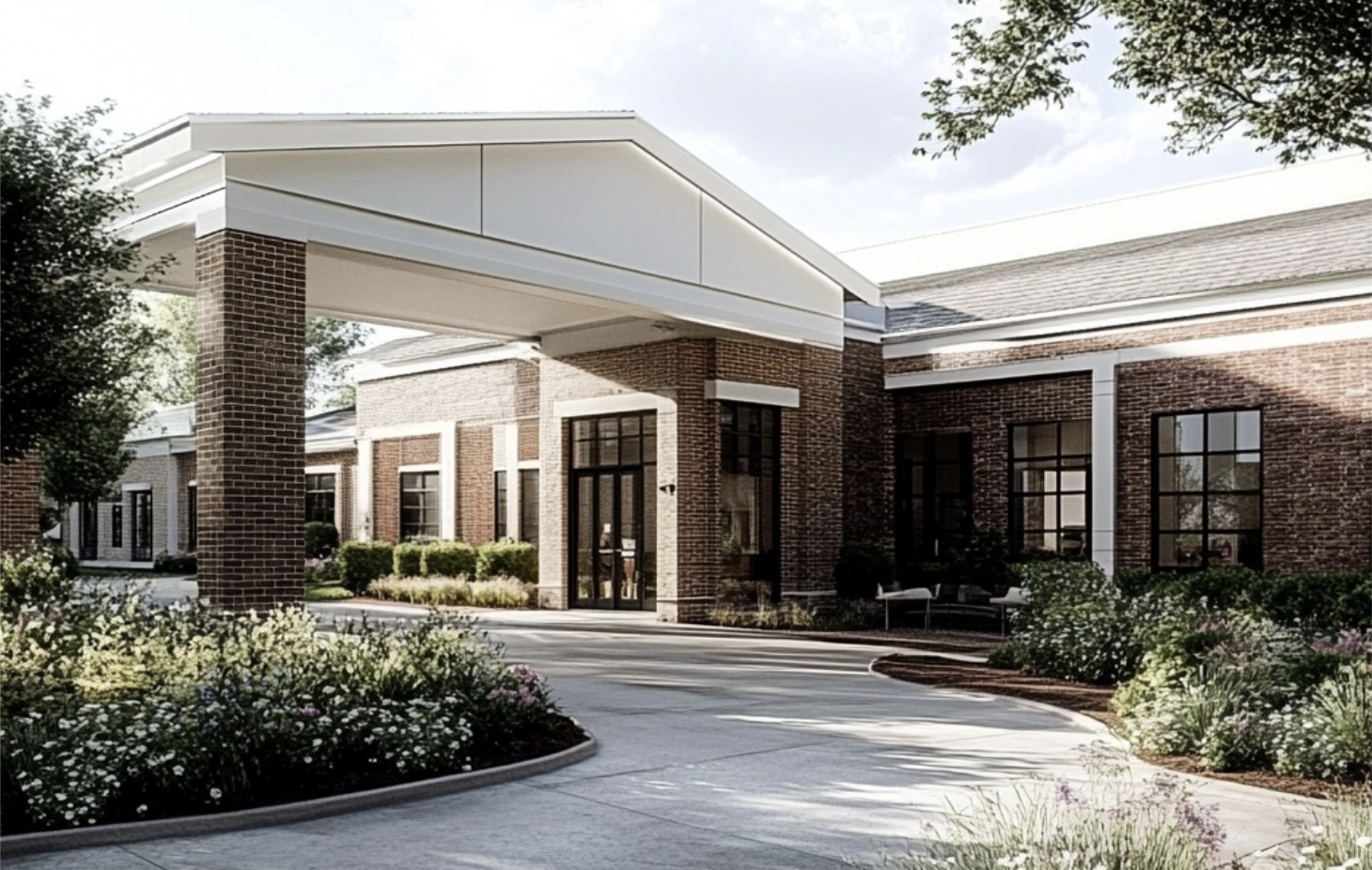Introduction to Senior Centers
Senior centers serve as vibrant community hubs specifically designed for individuals aged 50 and above. These facilities are pivotal in promoting active and enriching lifestyles among older adults. By offering a wide array of programs and activities, senior centers aim to foster a sense of community, encourage lifelong learning, and support healthy living. They are crucial in helping seniors lead fulfilling lives, filled with joy, purpose, and companionship.
Understanding the Role of Senior Centers
Senior centers play a multifaceted role in the lives of older adults. They are not merely spaces for socialization but act as comprehensive support systems that offer a range of services tailored to the needs of seniors. From health and wellness programs that keep older adults physically fit, to social activities that reduce isolation and loneliness, senior centers are key in enhancing the overall well-being of their patrons. They also serve as vital links to community resources, ensuring seniors have access to the services and support they need.
When to Join a Senior Center
Deciding to join a senior center is a significant step towards embracing a lifestyle of engagement and activity. It’s an ideal choice for those seeking to expand their social network, engage in new learning opportunities, or maintain an active lifestyle. Whether you’re newly retired, looking to meet new friends, or interested in exploring new hobbies, a senior center can offer the resources and community you’re looking for. It’s about finding a place where you feel connected, supported, and valued.
Services, Activities, and Programs
Senior centers offer a rich tapestry of programs designed to cater to the physical, intellectual, and social needs of older adults. Here’s a closer look at some of these offerings:
Health and Fitness Services
Senior centers prioritize the physical health of older adults through a variety of fitness programs. These might include low-impact aerobics, yoga, Pilates, water aerobics, and walking clubs. Health and wellness workshops on topics such as disease prevention, nutrition, and mental health are also common, providing seniors with the knowledge they need to manage their health.
Educational and Arts Activities
Lifelong learning is at the heart of many senior center activities. Educational programs might cover a wide range of topics, from technology and digital literacy to history and current events. Arts and crafts workshops offer creative outlets in painting, pottery, photography, and more, allowing seniors to express themselves and learn new skills.
Social and Recreational Activities
Senior centers are bustling with social and recreational opportunities. From book clubs and dance classes to day trips and cultural outings, these activities foster camaraderie and enjoyment. Special events, holiday celebrations, and volunteer opportunities further enrich the social tapestry of senior centers, making them vibrant places of connection.
Eligibility and Access
While the typical age requirement for senior center participation is 50 and above, each center may have its own criteria. Senior centers welcome a diverse group of older adults, ensuring programs are accessible to a wide audience, including those with varying levels of mobility and health.
Benefits of Participation
The benefits of engaging with a senior center are manifold. Participants often experience improved physical health, expanded social networks, increased mental stimulation, and a greater sense of purpose. These centers play a crucial role in combating isolation, promoting independence, and enhancing the quality of life for older adults.
Finding and Choosing a Senior Center
Selecting the right senior center involves researching the programs, atmosphere, and community engagement of potential centers. Visiting a center, talking to staff and participants, and participating in a trial activity can provide valuable insights into whether a center is a good fit for your needs and interests.
Understanding Accreditation
Accreditation by recognized bodies ensures that a senior center meets high standards of quality and service. An accredited center has demonstrated excellence in its programs, staff qualifications, and facility management, offering peace of mind to participants and their families.
Cost Considerations
While many senior center programs are offered at little to no cost, some activities or classes may require a fee. It’s important to inquire about membership fees, program costs, and any available financial assistance to ensure that the activities you’re interested in are within your budget.
In conclusion, senior centers are invaluable resources for older adults seeking to remain active, social, and engaged. By offering a broad range of programs and services, these centers support the well-being and independence of seniors, enriching their lives and fostering a sense of community. Whether you’re interested in health and fitness, education, or social activities, a senior center can provide the opportunities you’re looking for to enjoy a vibrant and fulfilling lifestyle.












